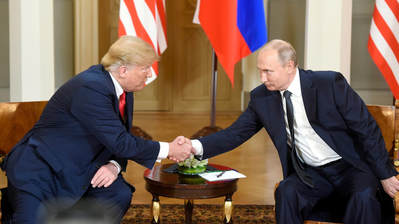What is Cultural Marxism? |
AuthorBoyd D. Cathey holds a doctorate in European history from the Catholic University of Navarra, Pamplona, Spain, where he was a Richard Weaver Fellow, and an MA in intellectual history from the University of Virginia (as a Jefferson Fellow). He was assistant to conservative author and philosopher the late Russell Kirk. In more recent years he served as State Registrar of the North Carolina Division of Archives and History. He has published in French, Spanish, and English, on historical subjects as well as classical music and opera. He is active in the Sons of Confederate Veterans and various historical, archival, and genealogical organizations. Archives
May 2024
|


